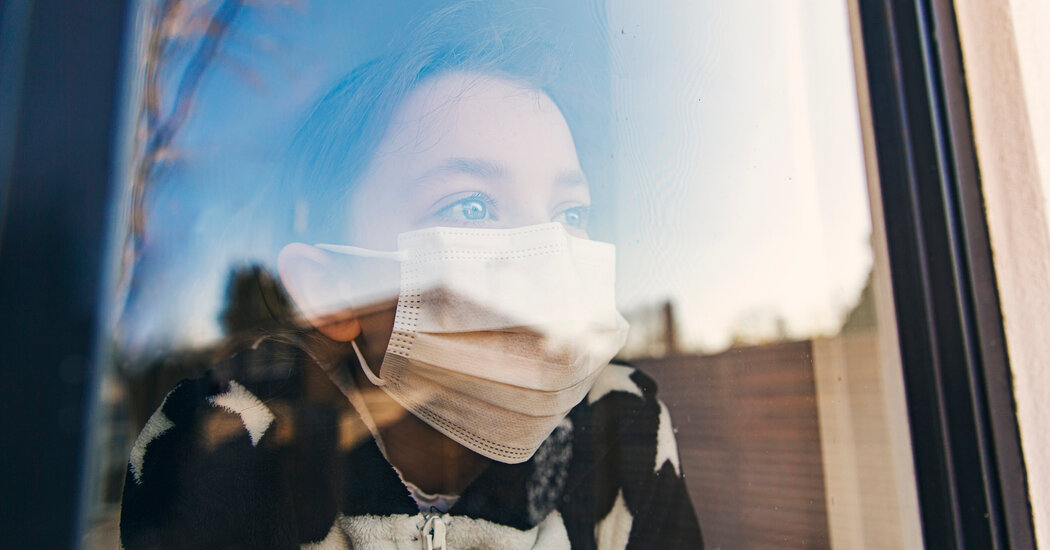Dr. Spinks-Franklin suggested a free downloadable ebook about coronavirus for children, put out in collaboration with the American Psychological Association. “I actually read that with one of my patients through our online call,” she said. “She was just so anxious about coronavirus and we read the book together.” Afterward, she said, “she was able to articulate how much she learned from the book and what she can do and what her family can do to keep them safe.”
If you’re worried about your child, you may need some guidance in finding help in this changing landscape of remote therapy and tele-mental health. “Often I’ll tell people to start with their pediatrician, they often have a sense of what’s available, and recommendations around mental health providers,” Dr. Vinson said. “Insurance companies have really lowered barriers around providing tele-mental health services,” she said.
The summer may be a good time to look for a therapist if a child is struggling; as the school year picks up, schedules may fill. Talk to your child’s primary care provider, talk to the school, consider reconnecting with a counselor or therapist who has seen your child before. If your child is already taking a medication — for anxiety, for attentional issues, for depression — talk to the doctor who prescribed it to see if an adjustment is indicated.
Remote mental health may be harder with young children, Dr. Kaslow said, though many therapists are finding ways to be really creative, asking children to show their favorite toys and how they play with them, and to talk about their home environments and how they’re feeling.
Dr. Vinson said that for many children with mental health problems, symptoms have gotten more severe. “If they were anxious, they’re more anxious, if they were depressed, it’s harder, if it’s schizophrenia, the voices went up.” Her own work as a child and adolescent psychiatrist has increased, she said, with children needing more help during the pandemic.
“Parents need to take their children seriously,” Dr. Spinks-Franklin said. “This is a very stressful time for adults and children, and we don’t want to disregard it when a child tells us how stressed they are, how worried they are.”
Cindy Liu, a clinical psychologist in the departments of pediatric newborn medicine and psychiatry at the Brigham and Women’s Hospital and the director of the developmental risk and cultural resilience program, said that in a setting in which we are all now accustomed to thinking of the risks of viral infection, it’s important to consider “stress contagion” and the risks to those who are most vulnerable, and to families at higher risk because of structural racism and socioeconomic disparities.
[ad_2]
Source link


